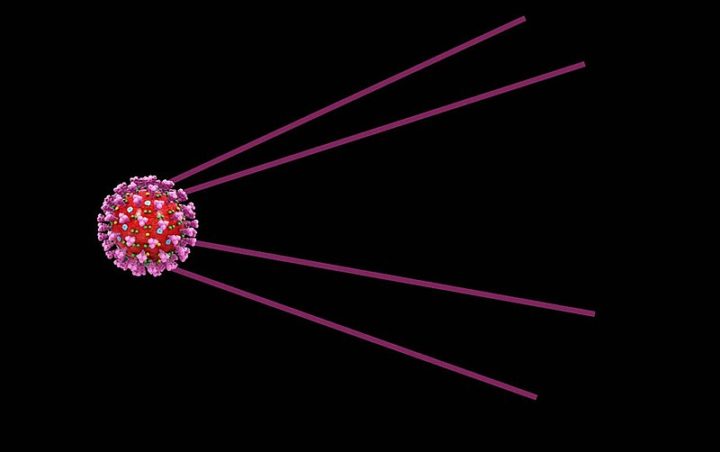The vaccine, which needs to be stored between two and eight degrees Celsius, also scores over Pfizer and Moderna’s efforts which require extremely low temperatures.
The COVID-19 vaccine developed in Russia – Sputnik V – has an efficacy of 92% against COVID-19 according to results of the late stage clinical trial published on Tuesday. The vaccine has been deemed safe and it can offer complete protection against hospitalisation and death.
Controversy surrounded the vaccine after it was rolled out before the final trial data was available. However, the results, published in the journal Lancet will allay fears.
Sputnik V now joins the club of proven and applied vaccines like those made by Pfizer, Moderna and Oxford/AstraZeneca. The vaccine, which needs to be stored between two and eight degrees Celsius, also scores over Pfizer and Moderna’s efforts which require extremely low temperatures.
Aside from being used in Russia, Sputnik V was administered in countries like Argentina, Venezuela, Hungary, UAE, Iran and in Palestinian territories.
How Sputnik V werk :
Sputnik V uses the same technique at play in the Oxford/AstraZeneca jab and the one developed by Janssen Pharmaceutical Companies (part of Johnson & Johnson). In these cases another virus which causes common cold is engineered so that it becomes harmless and a small fragment of the coronavirus is then introduced in it. This engineered virus acts as a vector and carries the novel coronavirus portion inside the body.
The small fragment is a genetic code of the coronavirus and produces the spike protein. When the body is exposed to it the immune system is readily activated to recognise this as a foreign, and harmful, object. The immune system, a relentless fighter against anything foreign and harmful to the body, then learns how to fight it.
After the vaccine is injected the body produces antibodies that are specially tailored against the coronavirus. This renders the immune system capable of countering the real danger – when the novel coronavirus actually enters one’s body.
Different doses of the vaccine :
Sputnik V also uses two doses for complete vaccination like many other vaccines in use at the moment. However, unlike others, the Russian vaccine uses two slightly different versions in the two doses which are administered 21 days apart.
Both the doses target the portion of the coronavirus that is introduced through the vaccine – the spike protein – which is used by the coronavirus as a gateway to enter a human cell. The doses use different vectors to carry the “spike protein” portion of the coronavirus and this marks Sputnik V as different from other vaccines.
However, some side effects, usually mild, are associated with the vaccine. These can range from a sore arm and tiredness to a slight increase in body temperature. There have been no deaths or serious illnesses that have been observed among groups immunised with the help of the vaccine.
In a comment published alongside the Lancet article, professors Ian Jones and Polly Roy reportedly said: “The development of the Sputnik V vaccine has been criticised for unseemly haste, corner cutting, and an absence of transparency. But the outcome reported here is clear and the scientific principle of vaccination is demonstrated, which means another vaccine can now join the fight to reduce the incidence of Covid-19”. Jones, a researcher at the University of Reading and Roy, a noted virologist, also pointed out that the vaccine had shown positive results in all age groups and reduced the seriousness of the disease after one dose.
Notably, Sputnik V has an Indian collaboration with Dr. Reddy’s laboratories. The vaccine is undergoing phase II clinical trials in India, as per the ICMR.










